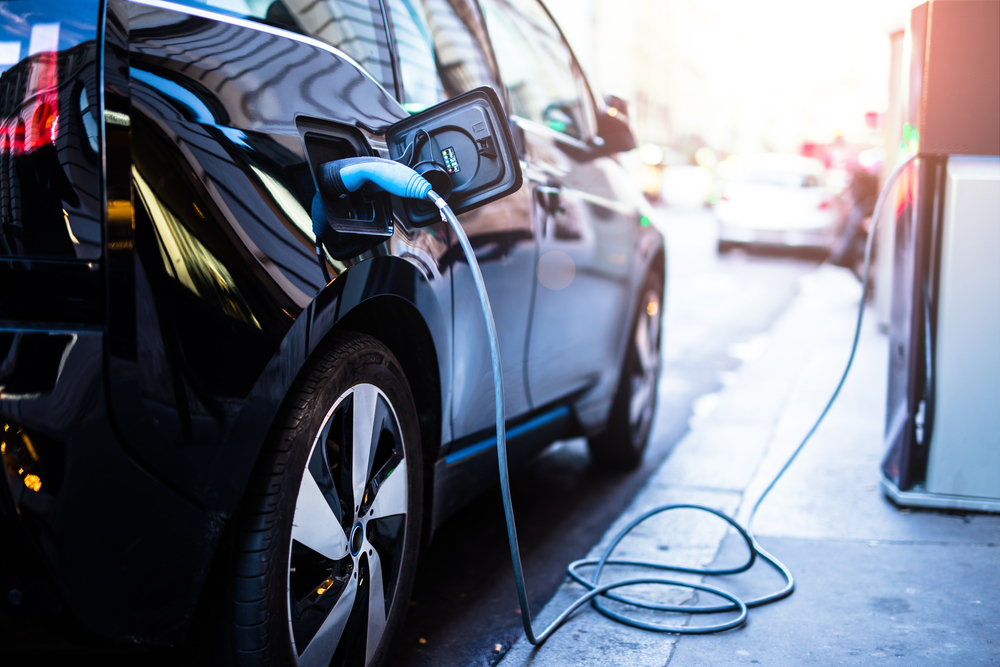Household Bills
New petrol and diesel car ban could be brought forward to 2030

The ban on sales of new petrol and diesel cars could be brought forward again to within the decade, reports over the weekend have suggested.
The Prime Minister is expected to announce the measure as part of broader green initiatives.
According to reports over the weekend, the move is a bid to boost the electric car market in the UK and help achieve the net zero emissions target by 2050.
The original deadline for the ban on new petrol and diesel sales was 2040 but in February this year, Boris Johnson announced at the UN climate conference (COP26) that the government will bring this forward to 2035 or earlier if feasible, subject to consultation.
Now another five years has been taken off the original deadline, but the 2035 date is reportedly being kept for the end of hybrid car sales.
Infrastructure and cost analysis
RAC head of roads policy, Nicholas Lyes, said while extremely ambitious, it doesn’t come as a huge surprise as “there’s an urgent need to reduce the emissions generated from vehicle use”.
Lyes said: “The car industry clearly now faces a monumental challenge to change its production lines, and electric vehicle charging infrastructure will need to be expanded at an incredible pace to cope with the surge in electric vehicles (‘EVs’) coming on to our roads.
“We believe many more rapid charging devices are needed in order to give drivers the confidence that they can make longer journeys in a convenient and time efficient manner. While many people, especially those with off-street parking, will charge their vehicles overnight at home, this won’t be possible for everyone so access to a reliable national charging network is vital to make the process of recharging simple and convenient.”
He added that the upfront cost of electric vehicles is currently “far too high for most people to afford” when comparing them to an equivalent-sized conventional vehicle, so prices “will have to come down dramatically in order to make them a realistic option for more people and spark take-up quickly”.
“Unfortunately, at the moment EVs are something of a rarity on the used car market which is something that needs to change as around eight million people a year buy second-hand cars, many more than buy brand-new vehicles. For now, the government should focus on how it can better incentivise consumers to go electric.
“The government also now needs to work out how it’s going to plug the inevitable hole in fuel duty revenue that the switch to EVs will create. Currently, it collects around £28bn a year from fuel duty so the treasury will need to quickly devise a new system that is fair for all drivers,” he said.